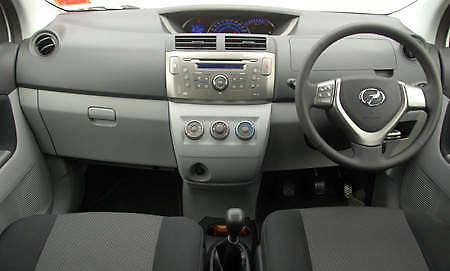Tuesday Law Report: Accident in car park was not on a `road, The Independent

Tuesday Law Report: Accident in car park was not on a `road’
The Independent Online
The House of Lords permitted the conjoined appeals of two insurance companies against decisions by the Court of Appeal that they were liable under section one hundred fifty one of the Road Traffic Act one thousand nine hundred eighty eight in deeds brought by plaintiffs who had each been injured in an incident involving a motor car which had occurred in a car park.
In the very first case the plaintiff had been struck by a car whilst sitting on a kerb at the side of a car park. In the 2nd case, the plaintiff, who was sitting in a car parked in a car park, had suffered burns when gas which had leaked from a can of lighter fuel had been accidentally ignited by the driver.
In neither case had the plaintiff had a practical pros-pect of recovery from the driver, the driver in the very first case being uninsured and the driver in the 2nd case having forfeited his right to an indemnity under his insurance policy. The construction and application of the word “road” in section 145(Trio)(a) of the Road Traffic Act 1988, and the question whether the respective insurance companies were liable under section one hundred fifty one of the Act, had therefore arisen.
David Farrer QC and Alison W. Hampton (Wilkin Chapman, Grimsby) for the plaintiff in the very first appeal; Richard Davies QC and Howard Elgot (Gosschalks, Hull) for the defendant in the very first appeal; Richard Camden Pratt QC and Richard Barraclough (Max Barford & Co, Tunbridge Wells) for the plaintiff in the 2nd appeal; Richard Davies QC and Charles Cory-Wright (Group Legal Dept, Eagle Starlet Insurance Co) for the defendant in the 2nd appeal; Philip Sales as amicus curiae.
Lord Clyde said that whether a particular area was or was not a road was a question of fact. The distinction inbetween a road and a car park which was reflected in the ordinary use of words was reinforced by a consideration of the language of the legislation, the distinction inbetween road and a parking place being found in section twenty five of the one thousand nine hundred eighty eight Act, as it had been in section 29(Two) of the Road Traffic Act 1930, and also in section sixty eight of the Public Health Act 1925, and in sections one hundred forty two and 57(1)(b) of the Road Traffic Regulation Act 1984.
Moreover, the legislation was in certain sections, namely in section 15(1) of the Road Traffic Act one thousand nine hundred thirty and sections one and two of the Road Traffic Act 1991, expressly made to apply not simply to “a road” but to “a road or other public place”.
That express addition of the words “or other public place” seemed to be a clear indication that a conscious extension of the scope of the provisions in question was being made, reinforcing the conclusion that where the word “road” stood alone it bore its ordinary meaning and was not to be extended to public places such as car parks.
The adoption of a construction which departed boldly from the ordinary meaning of the language of the statute was, however, particularly adequate where the validity of legislation had to be tested against the provisions of European law.
Nevertheless, in rest of the particular question which had arisen in the instant cases, the word “road” in section one hundred forty five was not required by the Very first Council Directive (72/166/EEC of twenty four April 1972), by the 2nd Council Directive (84/Five/EEC of thirty December 1983, or by the Third Council Directive (90/232/EEC of fourteen May 1990) to be construed as including a car park, or as including any place whatsoever where a vehicle might be used.
There was, accordingly, no necessity to resort to any kind of broad construction such as could include a car park within the expression “road”.


